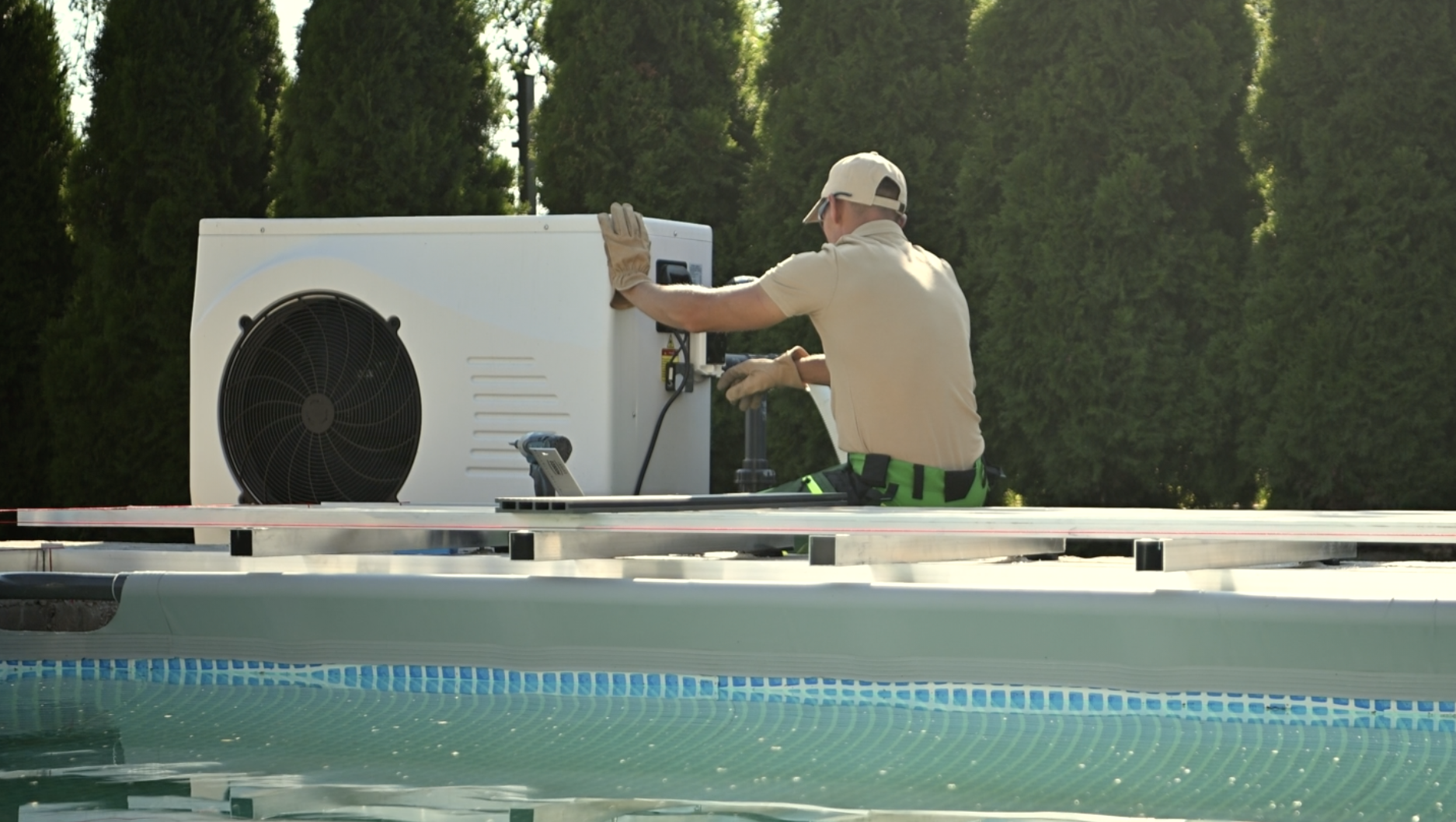Do your contractors know more about your property than you?
If I tell you that a key priority for many of the estate managers I offer consultation to is to improve their mastery of major property systems, would you identify with that same issue? Would you even be fully aware of what it entails in the context of our industry? To effectively manage your client's home and ensure quality work, understanding the basics of major systems is crucial. This knowledge empowers you to ask the right questions, make informed decisions, and avoid unnecessary costs.
Taking the time to level up on major property systems gives you:
Enhanced problem-solving
Effective communication with contractors
Cost management
Quality assurance
Preventive maintenance
Client trust and confidence
Whether major systems are a work in progress (or if this is totally new to you) read on for the key areas all estate managers need to focus on to deliver for their clients and grow their business:
1. HVAC systems
Basic operation: you don’t need to be an expert, but you should understand how heating, ventilation, and air conditioning systems work
Common issues: Can you easily and accurately identify signs of wear and tear, such as unusual noises or inconsistent temperatures?
Maintenance: the best estate managers have basic training to perform simple maintenance tasks, like changing filters and cleaning ducts
2. Plumbing systems
System layout: familiarize yourself with your property’s plumbing layout, including the location of main shutoff valves
Troubleshooting leaks: identify common leak sources and understand basic fixes
Preventive measures: learn and implement measures to prevent common issues like pipe freezing and clogs
3. Electrical systems
Safety first: understand electrical safety basics to prevent accidents
System components: learn about the main components, such as circuit breakers and wiring
Troubleshooting: recognize signs of electrical problems, such as flickering lights or tripped breakers
4. Generators
Operation: understand how to operate backup generators during power outages
Maintenance: you should be confident performing routine maintenance, such as checking fuel levels and testing functionality
Safety protocols: lead by example, implementing safety guidelines to ensure safe operation and storage
5. Pool systems
Filtration and cleaning: know how any pool’s filtration system works and how to maintain crystalline, safe water
Chemical balancing: understand the importance of chemical levels and how to test and adjust them
Equipment maintenance: know how to perform regular checks on pool pumps, heaters, and other equipment to ensure they function correctly
6. Structural components
Foundation and roofing: it doesn’t take much training to be able to understand the basics of foundation stability and roof integrity
Regular inspections: being capable of performing visual inspections for signs of structural damage is enough to ensure you catch potentially serious issues
7. Security systems
System types: familiarize yourself with different types of security systems, including alarms, cameras, and access controls
Operation and maintenance: become an expert in these systems that you rely on in order to ensure they are always in proper working order
8. Landscape and irrigation systems
Plant care: Even if you’re not a passionate gardener, you should know the specific needs of various plants and trees on the property
Irrigation maintenance: understand how the irrigation system is operated and maintained to ensure efficient water use by all of your staff
Seasonal tasks: are you able to prepare plans for seasonal gardening tasks such as pruning, fertilizing, and pest control?
Don’t get me wrong - as estate managers, we need to be excellent outsourcers and build a network of experts. But the more we can upskill in the myriad areas that make up the daily task list involved in the management of our estate, the better we can plan, ensure standards and - perhaps most fundamental of all - win the trust of our staff and our clients.

